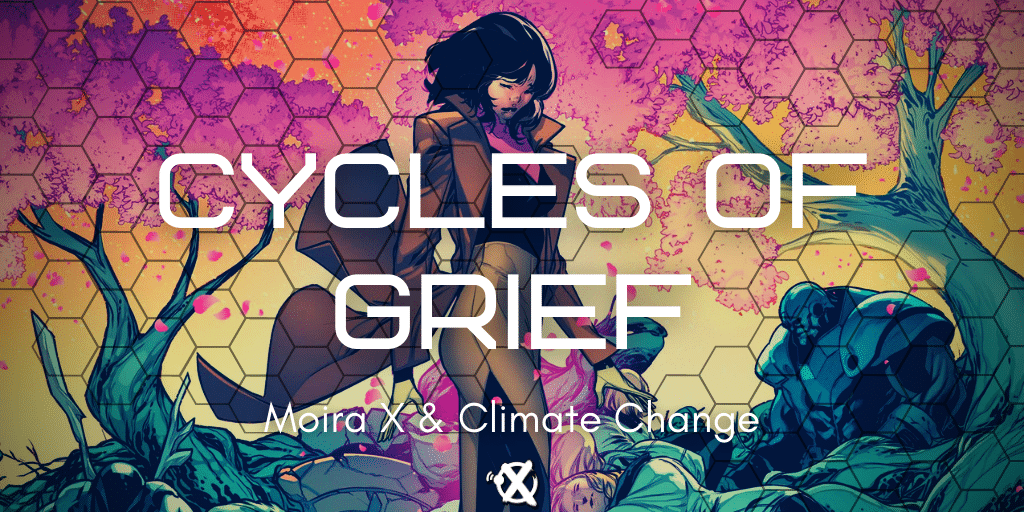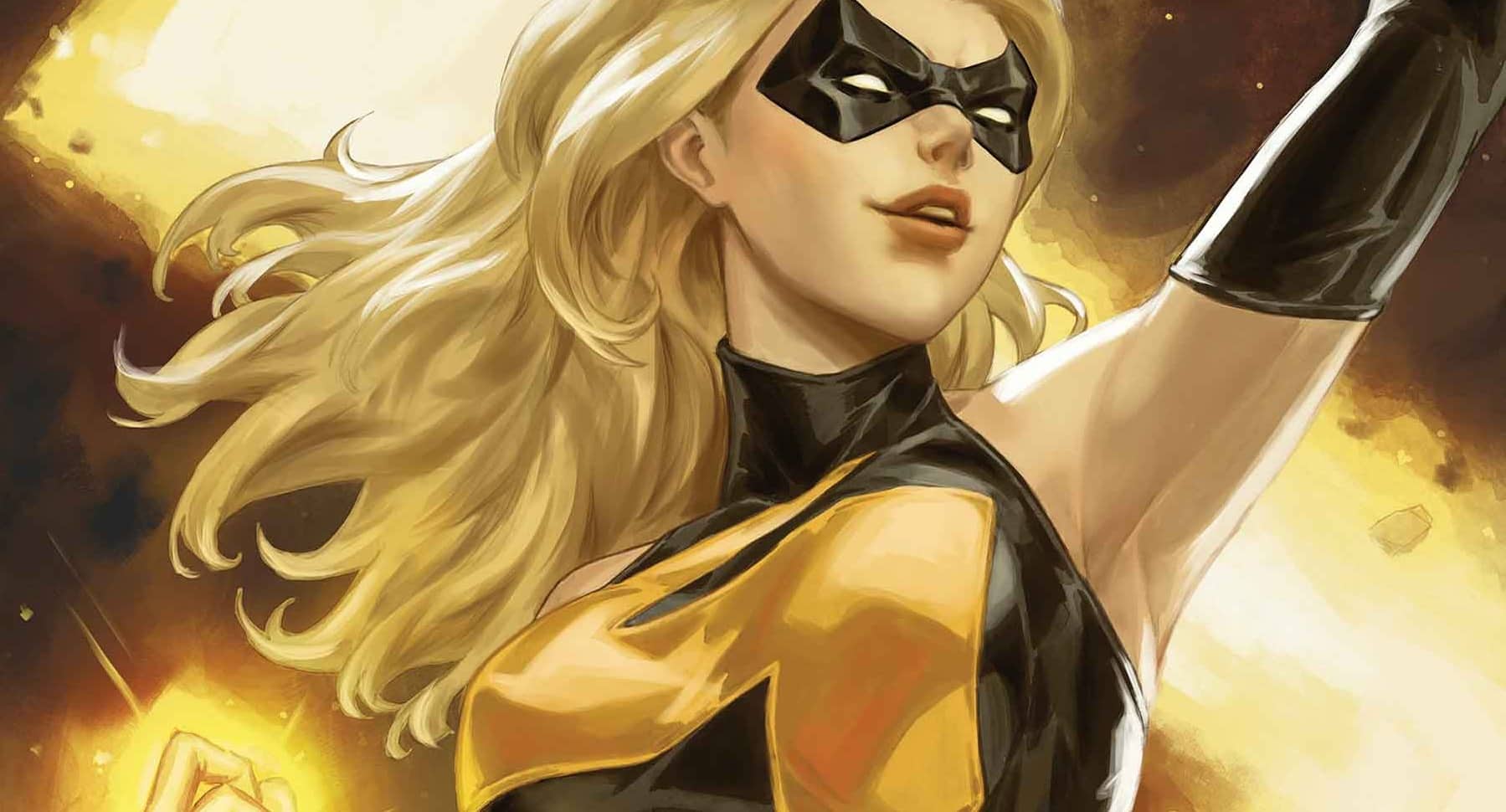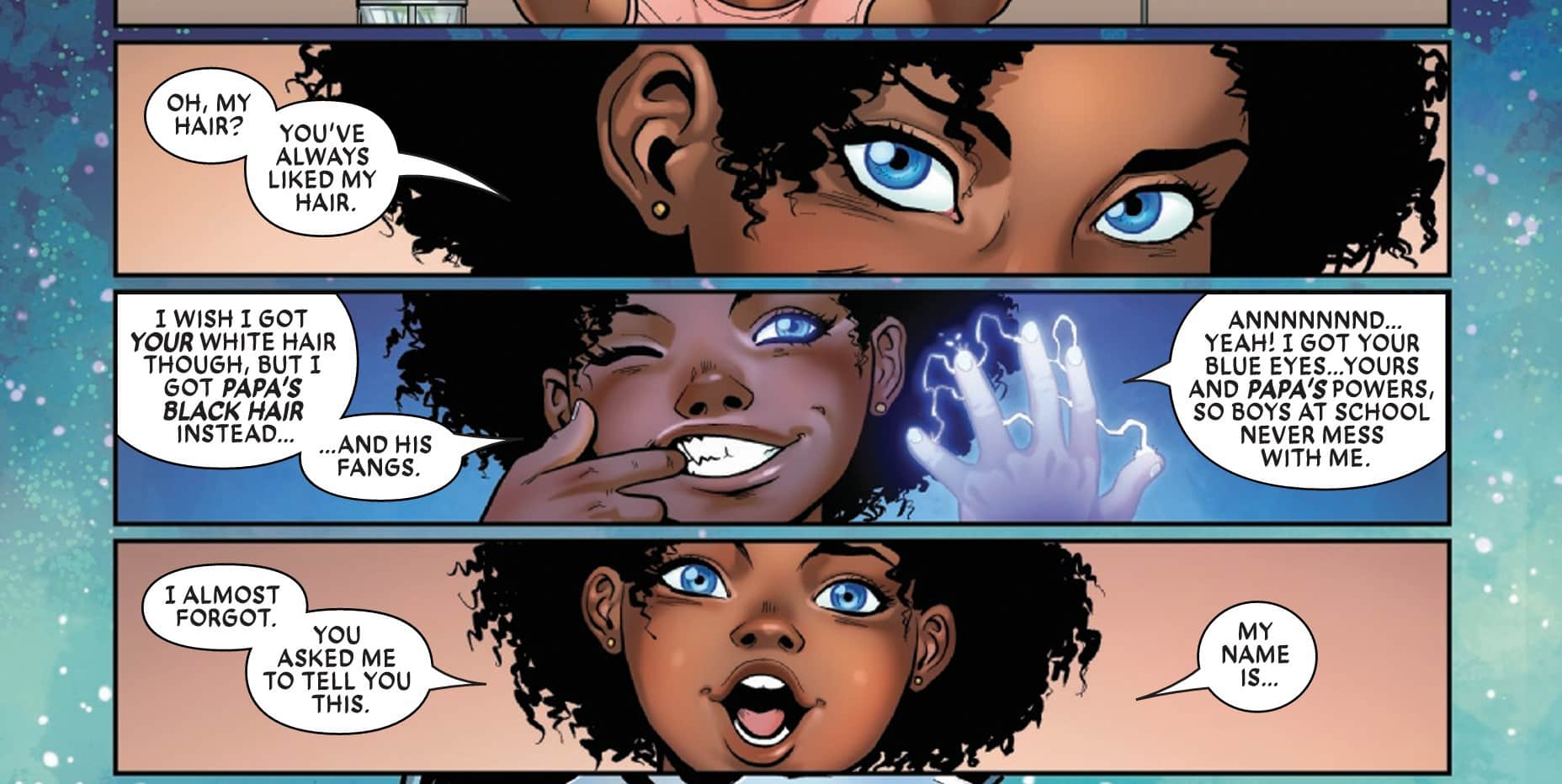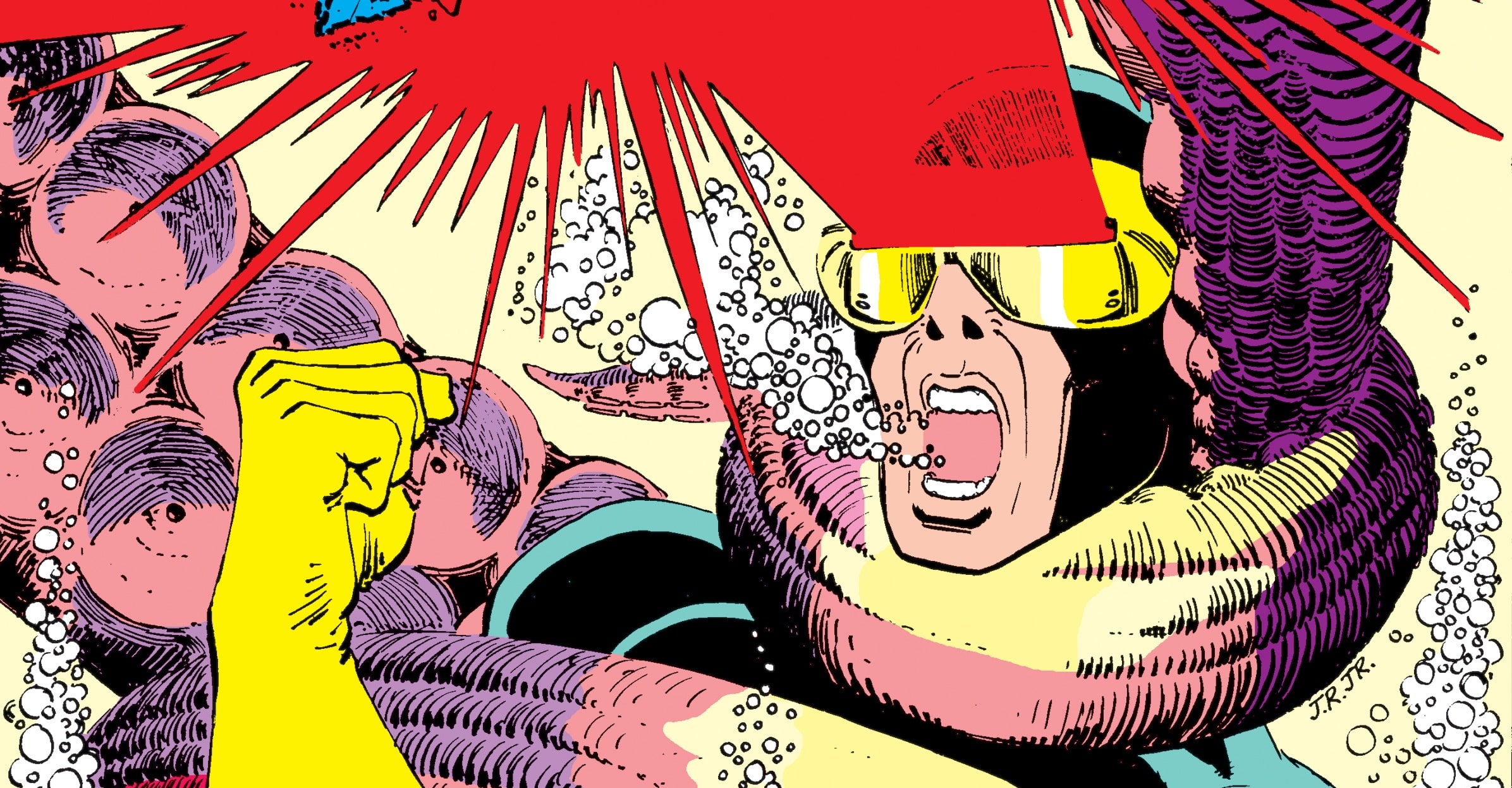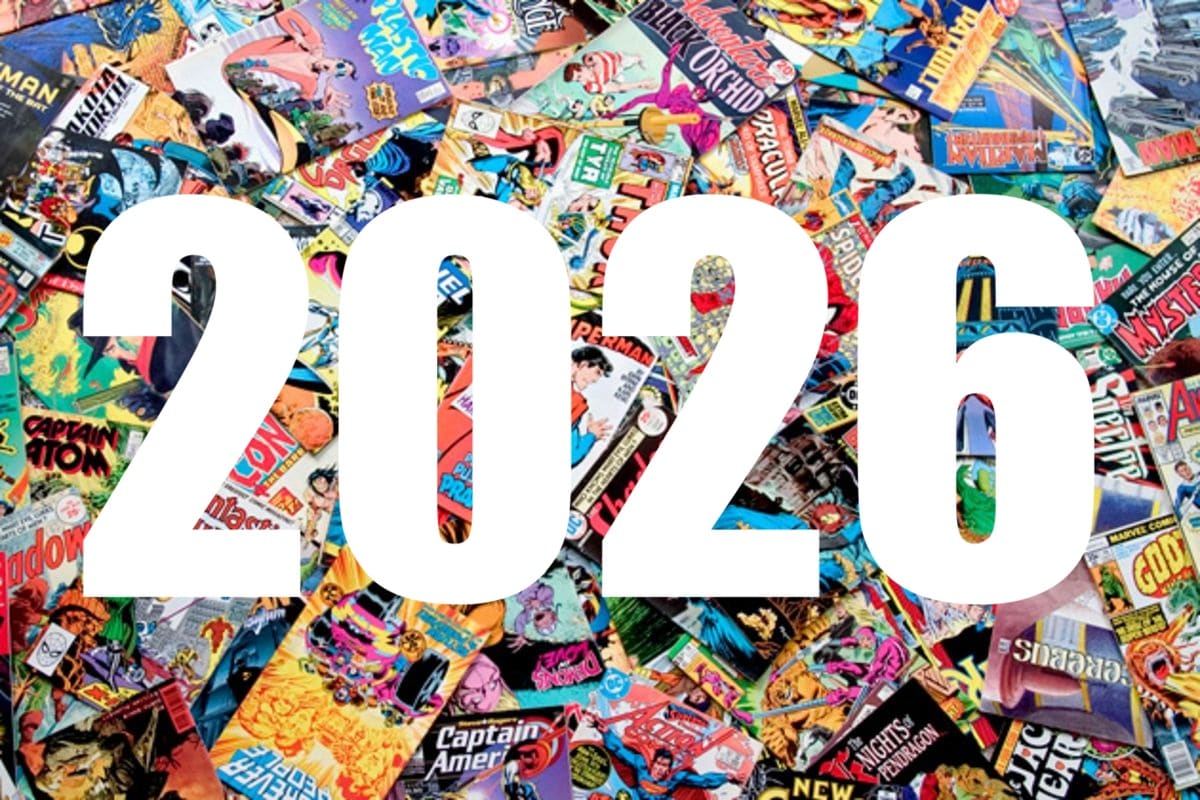In the summer of 2018, times were strange but good. Since my youngest had been born only that spring, he was still pretty attached to my wife, Christi, which led to a new division of labor, in which I got our eldest son to bed while Christi went to bed early with the baby. Now my eldest at the time was sweet, quiet, and still didn’t talk very much. His bright blue eyes took in the whole world meticulously, with an eye for picking out details. But whatever he saw of it was kept to himself.
One evening, in this summer; a slow summer, a liminal summer between one child and two, I was snuggling my eldest child to sleep. We had recently gotten him a bed, and his body seemed extra tiny in it, a visual that seems distant more and more every passing day. And even though this summer was good, my mind was not. I was sleep deprived, and as one’s mind does with no sleep it started plugging away at all the minutiae of the world’s problems. As I held my son, the soft drone of his humidifier drowning out the rest of existence, I ruminated.
People who know me well know that my greatest fear, my visceral existential terror is the slowly hastening demise of the planet through climate change. It seems as though I fixate on it cyclically, and only time will allow me to think about other things. And this night, as I stroked my sweet child’s blonde hair, his breathing becoming deep, I could only think about what a terrible father I was. Recently, I read an article speculating, through pretty good evidence, about the end of the century, and it was terribly bleak and seemed destined to occur. I brought this incredible boy, this wonderful observer, into a world that seemed ruined to him. I couldn’t help but feel responsible for any future sorrow his beautiful eyes saw. And that night, staring at this serene face, eyes gently shut, I felt the hot flow of quiet tears. What kind of father was I?

Now, at this point, you may be wondering why the hell you’re reading this on a comic website, so let’s get into it. In the fall of 2019, a fun fall, an urgent fall, one that moved swiftly to winter and never looked back; the team of Zack Jenkins, Rob Secundus, and I had just wrapped up our final annotation on Powers of X #6, a comic that ends on a particularly unique note. If the story had stopped one issue earlier, we would only have unbridled hope for the future of mutantkind, ending on the celebration of death defeated and the joyous proud captions of Charles Xavier and Magneto. It would be a delightful ending to the story but, like life, this series was all about cycles. Like my cycles of climate grief, of anthropogenic terror.
In Powers of X #6, after so much triumph, we get the real truth: mutants ALWAYS lose. Regardless of the length of time, and the gathering of knowledge, mutants are always outdone by humanity. Not only that, humans are always subjugated by humanity. It’s hopeless, it’s inevitable. Moira knows this, being gradually radicalized throughout her lives, and that’s why in the story she has these strict rules. She guides Charles and Erik on this path to what she considers the best possible plan, knowing her tenth life is likely her last. She curses her failures, and the failures of those she’s trying to guide/manipulate. It’s another cycle, a grief cycle.
Moira doesn’t allow for precogs for much the same way that if you gave me the chance to see 100 years in the future, I likely wouldn’t take it. To me, it doesn’t seem like it’s for a practical reason, or at least not primarily. It’s fear. While pulling every possible advantage for herself, Moira is still convinced that it’s not enough. Because mutants always lose. Just like in my mind, we always lose.

But that’s not the end of the story. Powers of X #6 is a setup to an era, to an idea. And while Moira stews hidden in her No-Place, Charles and Erik still end on hope. And why shouldn’t they? The three of them have accomplished the impossible. And frankly, that’s what we need to accomplish, too. I try to internalize that, that double edged sword of hope and grief. I try to be the positive image of myself, a mirror brightly instead of one darkly. It’s frustrating how slow moving the world is, plodding with excuses, laden with unhelpful excuses. But as the environment changes, our social environment does as well. Hopefully soon enough to make a difference.
And frankly, maybe we don’t need that future knowledge. Mutants constantly relying upon predictions would be fearful, reactionary, and not forging ahead. Maybe Moira is practical after all. Maybe breaking all of the rules means not stagnating, not stifling growth. And much as I want to protect him, I can’t stifle my son either, regardless of how much I fear the grim future.

It’s easier to manage the climate grief now, sadly because so much else is going on. I write this in our fifth month of COVID quarantine, something that I couldn’t have predicted when these ideas burrowed into my head last November. Cycles, right? I was starting to feel better about the world when this essay formulated, but it’s honestly just seemed like another life, another one that will only be an attempt at a solution. It’s hard to hope right now. While the thought of my kids trying to find food in 30 years aren’t on the forefront, they’ve been replaced by more immediate concerns. How will they have a good rest of the year? What new horrors are possible in the remaining months?
But in contrast to the fear, my children show such resilience, such adaptability. My eldest son’s come out of his shell, and he has tons of questions, and he understands at a level I couldn’t hope to have at his age. He’s brilliant, and he deserves the world. And frankly I would do anything to save it for him. Climate change is already here and will only get worse. But that doesn’t mean we have to just accept our fates, even as any hope of a good future runs through our fingers like fleeting water. So, maybe this life, this cycle, we’ll try something different, or maybe we’ll finally break all the rules. Maybe we’ll smash the cycle to pieces and build something great, a new society, a paradigm shift. Why see the future when we can bend it, shape it to our own whims? All my hopes lie in cooperation, in community, in the possibly of a better society.
But will even that be enough?
Chris Eddleman is a biologist and co-host of Chrises On Infinite Earths.

